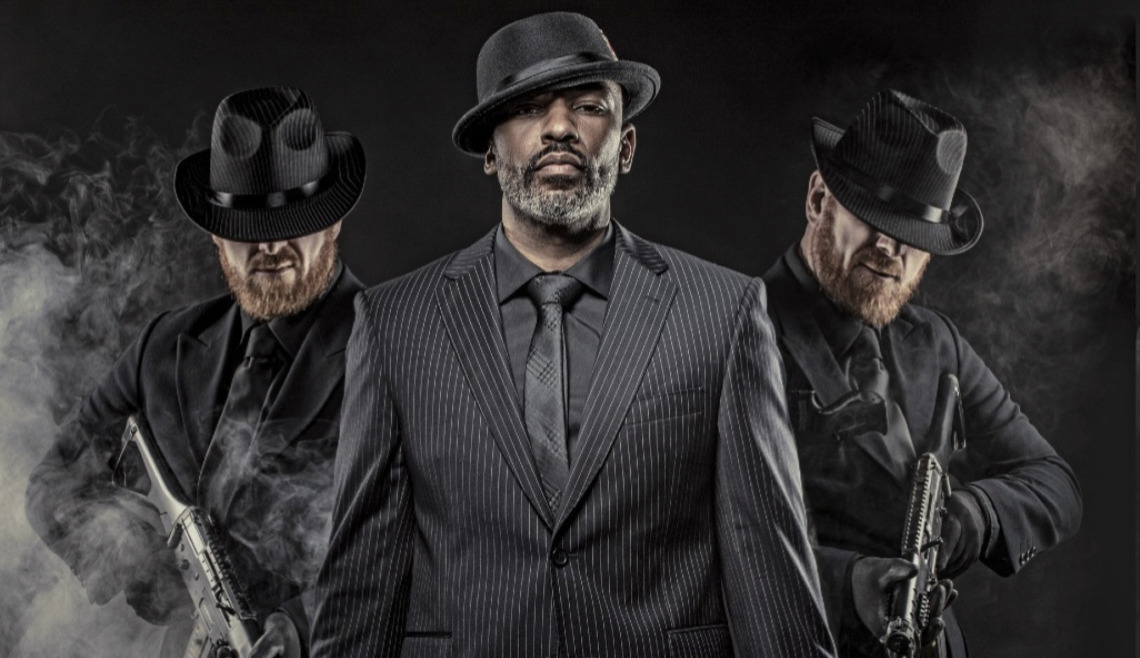Blogs
A Comprehensive Collection of Legal Expertise and Insights

Understanding Wrongful Death in the Legal Landscape
Losing a loved one is undeniably one of life's most profound and devastating experiences. However, when that loss occurs due to the negligence or misconduct of another party (whether that be an individual, organization, or government body), the pain can be aggravated by a sense of injustice. In such cases, the legal concept of wrongful death becomes crucial in seeking accountability and compensation for the survivors left behind. Wrongful death, as a legal term, refers to a situation where a person dies due to the legal fault of another party. This fault is often attributable to negligence, intentional harm, or a breach of duty. The core idea is that the deceased person would have had a valid personal injury claim had they survived. While no amount of money can fully compensate for the loss of a loved one, wrongful death claims seek to provide financial relief to the surviving family members who have been affected by the death. Compensation may cover various damages, including: Medical expenses, funeral and burial costs, lost income and support, loss of companionship, and pain and suffering. Bringing a wrongful death claim involves navigating complex legal procedures and challenges. It often requires gathering evidence, retaining expert witnesses, and negotiating with insurance companies or opposing parties. Additionally, each state, including Florida, has its own laws governing wrongful death claims, including statutes of limitations and rules regulating when a claim can be filed, who can file a claim, against whom a claim can be filed, and how to file a claim. Beyond the financial aspect of pursuing a wrongful death claim, a wrongful death claim can also be a means for families to seek closure and accountability. Holding the responsible parties accountable through legal action can send a powerful message and potentially prevent similar tragedies from occurring in the future. Wrongful death cases are emotionally taxing and legally intricate endeavors. They require compassionate yet assertive legal representation to navigate the complexities of the legal system while providing support to grieving families. By understanding the legal principles and seeking appropriate legal counsel, families can pursue justice and honor the memory of their loved ones. The professionals at Joseph Law are equipped to, and experienced in, handling wrongful death claims, so far the times that you need an attorney choose Joseph Law!
27 Apr 2024

With Great Power Comes Great Responsibility: Negligent Entrustment of a Firearm
We have all heard that great adage from that wonderful superhero movie that we watched in our younger years: “With Great Power Comes Great Responsibility!” This is true in a myriad of situations and circumstances. It’s true when you come into possession of your first motor vehicle and take it for a test drive, when you receive that promotion to manager and direct and oversee the employees under your watch, when you become an adult and have all the legal freedoms that come with it, or when you become licensed to carry a firearm and purchase your first gun. The ability to carry a firearm has been a constitutional right since the drafting of the constitution. With rights so important to the framers of the constitution, a paramount responsibility follows that important and fundamental right. That responsibility endowed is one that calls on the handler of the firearm to act with extreme care and caution, and only to discharge when absolutely necessary. However, this responsibility is one that has further a reaching grasp than one might think. It also expands to the owner of a firearm when that individual entrusts it to a third-party. The Supreme Court of Florida has long held that a “firearm is a dangerous instrumentality [over which] the very highest degree of care is to be exercised...” Skinner v. Ochiltree, 148 Fla. 705, 5 So. 2d 605, (1941). This includes when allowing a third-party access to the firearm. Williams v. Bumpass, 568 So. 2d 979, 981(Fla. Dist. Ct. App. 1990). Associated liability with entrusting a firearm to another has been labeled negligent entrustment of a firearm. Many lawsuits have been formed based on this theory of negligence. The liability associated with negligent entrustment of a firearm rest “upon whether the harm [done] was or should have been foreseeable by the person entrusting or delivering the [firearm] to another.” Id. This foreseeability component has been construed broadly and can be illustrated by multiple examples of cases in Florida. For example, in Angell, a store was held liable for selling a gun to a woman who was acting unusual because she laughed, hugged, and kissed an employee unknown to her and held the unloaded gun to the employee’s head. Angell v. F. Avanzini Lumber Co., 363 So. 2d 571, 572 (Fla. 2d Dist. App. 1978). The Court in this case based their assessment of liability on whether the store could have reasonably foreseen the harm of the sale. Id. The 2nd District Court of Appeals ruled that the store could have reasonably foreseen that injury to someone was highly probable as result of sale of firearm and ammunition to buyer under these circumstances, and that therefore there was potential liability to the store. Further, in Foster, the 1st DCA upheld negligent entrustment of a firearm because the owner of the firearm was a roommate of a convicted killer and kept the firearm within his room unlocked. Foster v. Arthur, 519 So. 2d 1092, 1093 (Fla. 1st Dist. App. 1988). Although the owner of the firearm did not allow the use of the firearm, the convicted killer discovered the location of the firearm when asked to repair the bed. Id. The question came down to foreseeability and the District Court upheld the actions of the convicted killer as foreseeable. Id. at 1094. The broad question of foreseeability is shown again in Rodriguez. The 3rd DCA held the defendant directly responsible for the actions of a minor when the defendant pumped the BB gun after observing the minor point the gun at the plaintiff. Rodriguez v. Esquijarosa, 391 So. 2d 334, 335 (Fla. 3d Dist. App. 1980). These cases illustrate the broad zone of foreseeability that need to be assessed when dealing with the entrustment of a firearm. There is always present a great responsibility and duty when possessing and carrying a firearm, this is equally as true when entrusting that firearm to a third party. Accordingly, with the power that comes with owning a firearm comes to a great responsibility and a higher duty of care to those around you and to the public in general. Often people misuse this power, but even more often than that people take this power for granted and neglect it. If you or a loved one has found yourselves on the wrong end of someone’s neglect and you, they, or their loves ones have suffered because of it, consider one of the very important options available to you… consider hiring an attorney that can vigorously fight for your rights and your interests to get you the justice that you deserve! And remember, for the times that you need an attorney, choose Joseph Law.
02 Jul 2024


